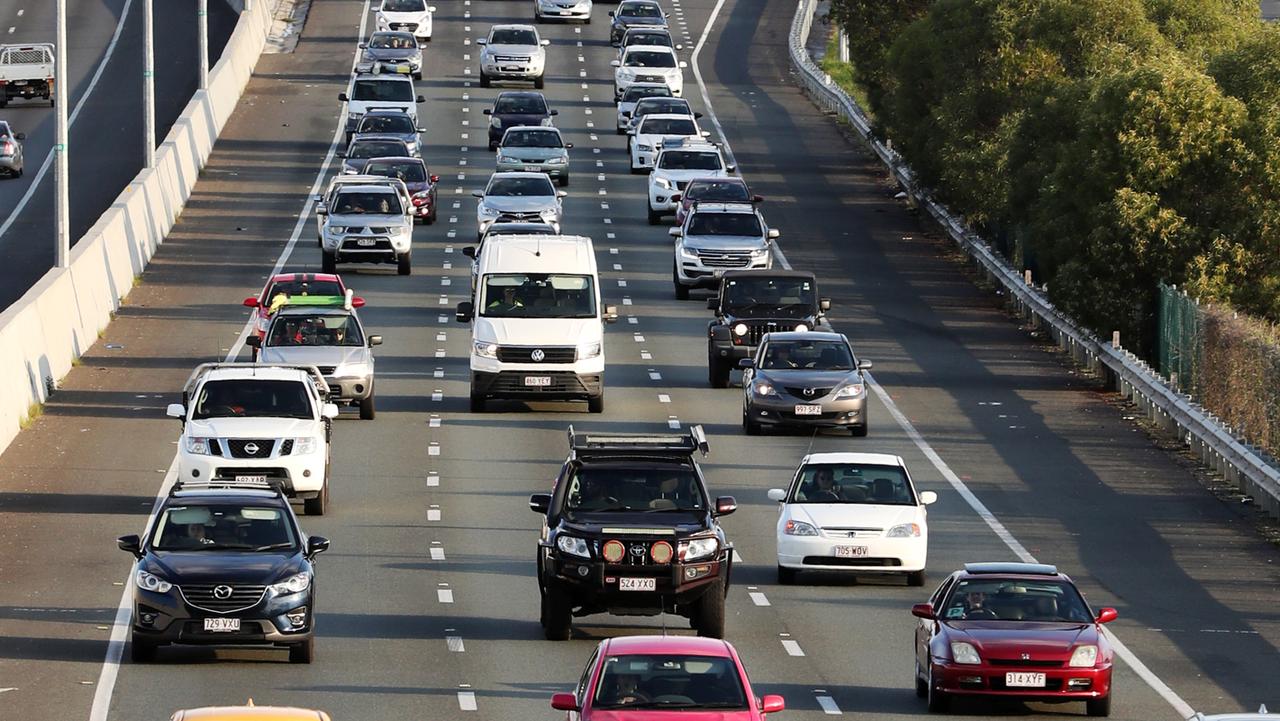As temperatures rise across the country, Australia's stance on climate action has been called into question
Dr Sarah Perkins-Kirkpatrick discusses the Shire's changing climate and the outcomes of COP26. Plus, what is Australia doing to curb our rising temperatures?
HyperLocal
Don't miss out on the headlines from HyperLocal. Followed categories will be added to My News.
COP26 is done and dusted, with many countries determined to reduce emissions and curb the impacts of climate change.
Global temperatures have increased by around 1.1C since pre-industrial times, and NSW has warmed by 1.4C.
Locally, in the Shire, Bureau of Meteorology (BOM) data shows over the past 50 years, the average daytime temperature in November has increased by 2.3C.
This means a typical November day has climbed to 25.6C.
We're already seeing the impacts of these higher temperatures in the form of extreme weather.
Just this month, central NSW faced widespread flooding.
This resulted in the destruction of farmland and significant crop loss.
Without a rapid reduction in greenhouse gas emissions, more extreme weather events will be experienced in the Shire and around the world.

COP26 recap:
Ever wondered how global policies and decisions on climate change are developed?
For over 25 years, the United Nations has brought the world together for annual global meetings known as the 'Conferences of the Parties' or COP.
Every year at the COP, targets, programs and initiatives are discussed and developed to improve how we address climate change.
During this year's COP26, a particular focus was placed on how countries are performing according to their Paris Agreement pledges made in 2016.
One positive result was the finalisation of the 'Paris rulebook', paving the way for global emission reductions.
Furthermore, 190 countries agreed to phase out public funding of coal power, but Australia chose not to sign up to this commitment.
Is Australia a climate pariah?
Despite recently announcing a target to reach net zero emissions by 2050, Australia has ranked last for its climate policy in the latest Climate Change Performance Index (CPPI).
The CPPI report criticised the nation's net zero emissions target, stating it has "no new policies and plans," and that, "experts believe Australia has failed to take advantage of its potential and other countries have outpaced it."
So, what does this mean for the Shire?
Without strong climate policies, temperatures are only going to rise further.
Fortunately, many councils across NSW are part of the Cities Power Partnership.
This partnership provides local governments with the networks and tools to shift towards a zero-emissions future through specific, measurable actions.
For example, these actions enabled the Northern Beaches Council to transition to renewable electricity on all council sites, and to create a more extensive bike network for commuters.
Such initiatives demonstrate the strides communities are making to combat climate change in Australia, and give us the much-needed opportunity to ensure a sustainable future.
Community perspective:

Want more information on how your climate is changing? Check out the last article in this series.
Dr Sarah Perkins-Kirkpatrick is a climate scientist at the University of New South Wales.
This column is part of a collaboration between Monash University and News Corp to deliver hyperlocal weather and climate information.


